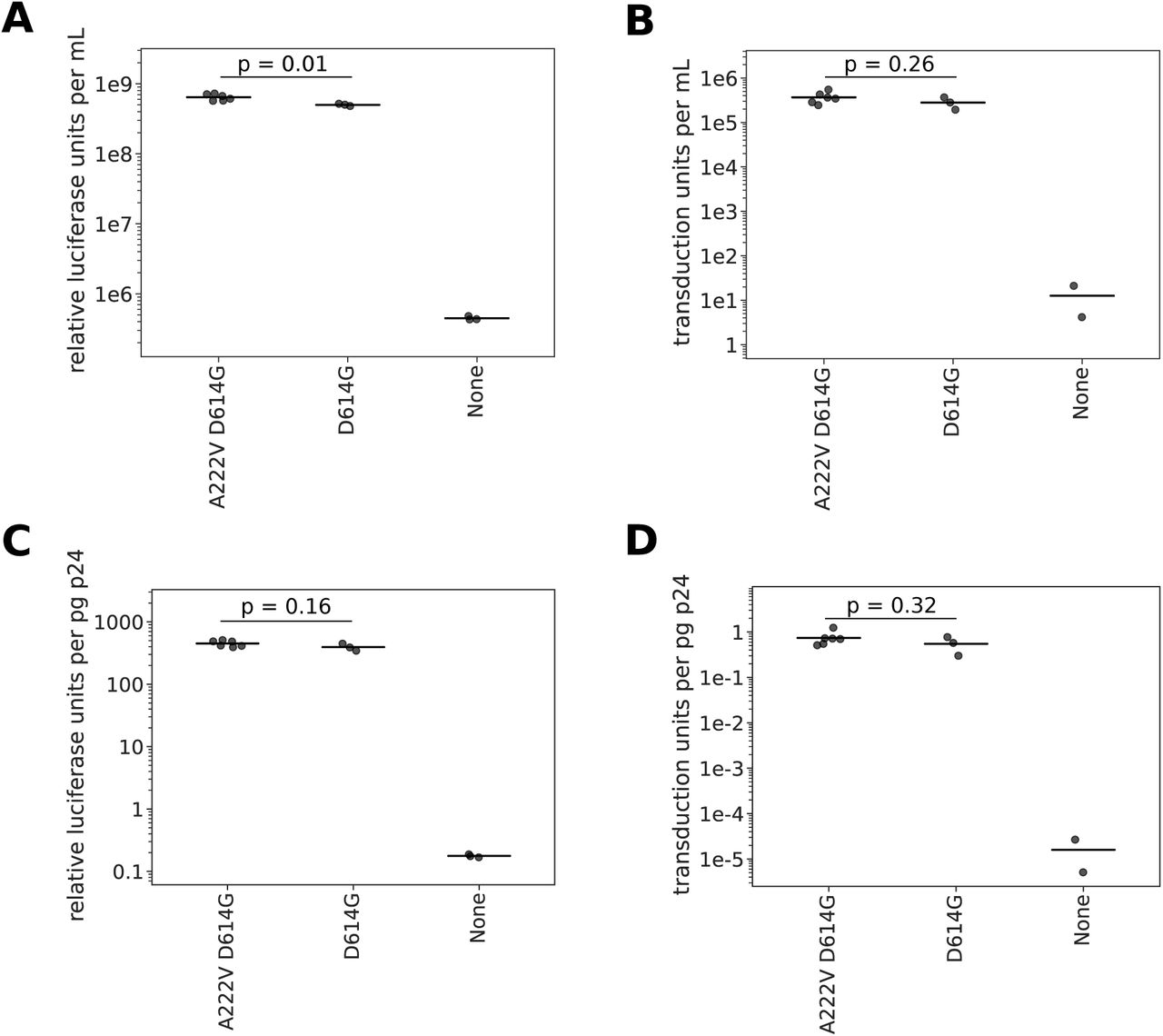

Click here to sign up for email updates from ISGlobal. Stay informed on the COVID-19 scientific updates and other global health issues. The Gates Foundation predicts that, in 2022, average incomes will return to their pre-pandemic levels in 90% of advanced economies, compared with only 30% of low- and middle-income economies. More than 90% of hospitalized COVID patients in the Americas were given antimicrobials, while only 7% required them to treat a secondary infection. Fuelling antibiotic resistanceĬountries in the Americas reported a surge in drug-resistant infections due to misuse of antimicrobials during the pandemic, warns the Panamerican Health Organisation (PAHO). Half a millionĬOVID-19 vaccines have saved almost half a million lives in Europe over the last year, among those aged over 60, according to WHO Europe. 25XĪmong those aged 60-80, the risk of dying from COVID-19 is 25 times higher if unvaccinated, as compared to fully vaccinated, according to data released by Spanish authorities.
#The visitor returns how to get mutation ending trial#
A phase 2 trial for patients who cannot generate antibodies is currently underway.

German researchers publish phase 1 results for a peptide-based vaccine candidate, that induces broad, potent and variant-independent T cell responses, higher to those detected after SARS-CoV-2 infection or vaccination with approved vaccines. This molecule (called SLR-14) is easy to produce and could be used as early post-exposure treatment and for treating immunosuppressed patients. RNA as treatment?Ī single dose of a small RNA molecule was shown to prevent SARS-CoV-2 infection and disease in mice through the rapid triggering of the innate immune system.

Updated data from Merck’s trial shows that molnupiravir is 30% effective in reducing COVID-19 hospitalisations and deaths instead of the 50% initially announced. These findings suggest that the virus could adopt a more benign pattern of infection when it becomes endemic. One third of reinfections were caused by the beta (B.1.351) variant. Milder future?Ī study in Qatar shows that people with reinfections had a 90% lower risk of hospitalization or death than those infected for the first time. Of the 85 epitopes identified in Spike, only five of them would be affected by mutations in delta. High diversity of T cell targetsĪn analysis of around 56 million T cells from 55 COVID patients reveals that virus-specific T cells can recognise many protein fragments (or epitopes) across the entire viral proteome. This in turn prevents proper oxygen flow and induces excessive thrombosis. Understanding lung damageĪ close analysis of lungs from 18 patients who died from COVID-19 shows that the virus directly infects epithelial cells within the lungs, impeding their capacity to repair damaged tissue. Less than 10% of people living in Africa have received both doses of the vaccine. In Africa, only 1 in 4 healthcare workers have been fully vaccinated against COVID-19. The lower the vaccination rate, the higher the risk that new viral variants will emerge and spread. It has now been detected in several regions of the world, including USA, Canada, Europe, Israel, and Australia. Researchers are conducting studies to better understand the impact of these mutations. It is still not clear whether it is more transmissible, more vaccine resistant, or more virulent than delta. Some experts believe it may have evolved within a chronically infected immunocompromised person. It does not originate from delta, but from the original virus (named B.1) and accumulates more mutations than any other variant described (over 30 mutations only in Spike), many of which are potentially associated with immune evasion or higher transmissibility. A new variant called OmicronĪ cluster of cases infected by a variant with a high number of mutations was identified some days ago in South Africa. In this section, which we regularly update, we summarise the most relevant emerging information on SARS-CoV-2. Fortunately, the scientific studies and evidence on the virus (SARS-CoV-2) and the disease (COVID-19) are also advancing at great speed. The pandemic of the coronavirus is advancing.


 0 kommentar(er)
0 kommentar(er)
